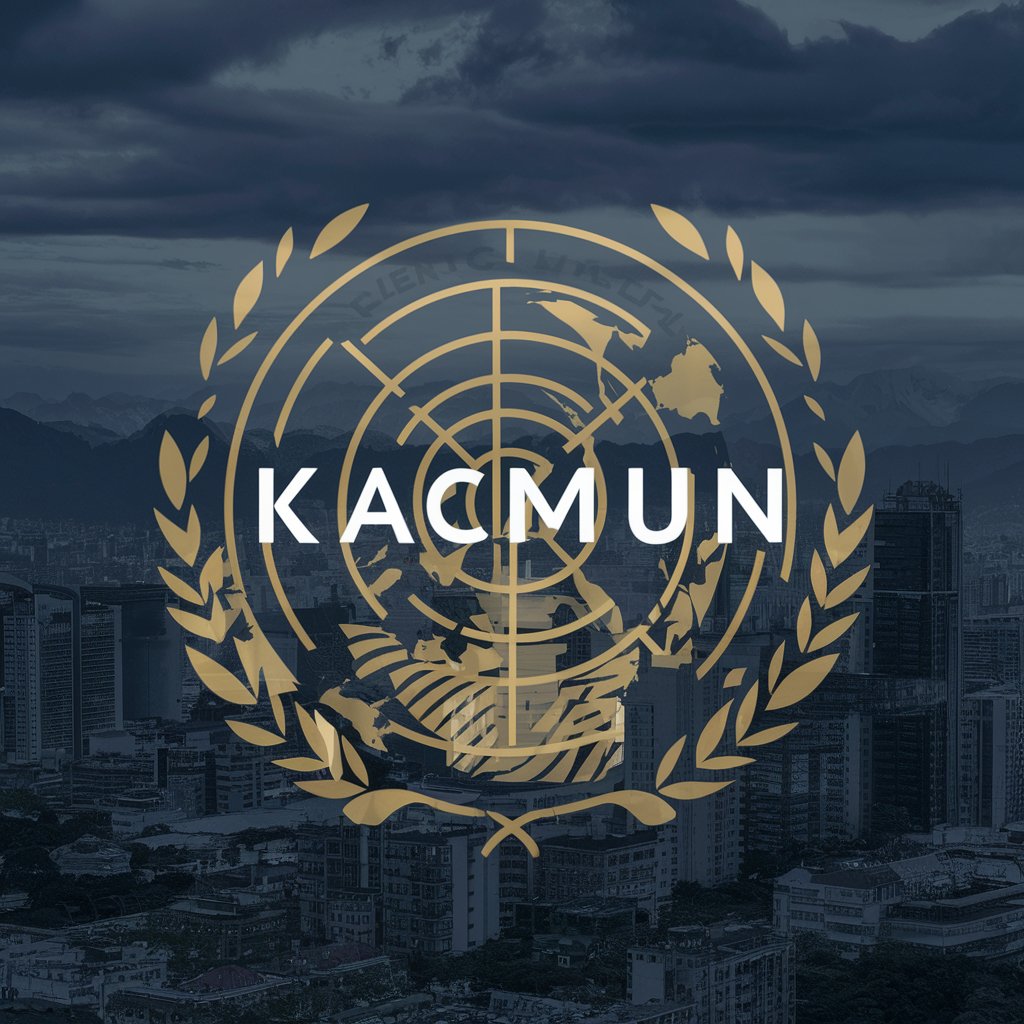Contents
Introduction
The KAC World Model United Nations Conference, commonly known as KACMUN, is an international event that simulates the workings of the United Nations. It provides a platform for students and young professionals to engage in diplomatic discussions, develop their public speaking skills, and gain a deeper understanding of global issues. This article aims to provide an in-depth exploration of KACMUN, offering insights and analyses that go beyond the available information, with a focus on its significance, structure, and impact.
What is KACMUN?
Understanding KACMUN
KACMUN stands for the KAC World Model United Nations Conference. It is a prestigious event that gathers participants from around the globe to simulate the operations of the United Nations. Through role-playing, delegates represent different countries and engage in debates, negotiations, and resolutions on various international issues. The primary objective of KACMUN is to foster a deeper understanding of diplomacy, international relations, and the complexities of global governance.
History and Evolution
KACMUN has a rich history, evolving from a small regional conference to a significant international event. Initially aimed at local students, its popularity and impact have grown, attracting participants from diverse cultural and academic backgrounds. Over the years, KACMUN has expanded its scope, incorporating various committees and specialized agencies of the United Nations to provide a comprehensive simulation experience.
The Structure of KACMUN
Committees and Topics
KACMUN features a range of committees, each focusing on different aspects of global governance. These include:
- General Assembly: Discusses broad international issues such as peace and security, development, and human rights.
- Security Council: Addresses conflicts and security challenges, requiring delegates to propose and negotiate resolutions.
- Economic and Social Council (ECOSOC): Focuses on economic development, social progress, and environmental sustainability.
- Specialized Agencies: Includes bodies like the World Health Organization (WHO) and the International Monetary Fund (IMF), dealing with specific global challenges.
Delegates and Their Roles
Participants, referred to as delegates, assume the roles of diplomats representing different countries. They are responsible for researching their assigned country’s policies, preparing position papers, and engaging in debates and negotiations. The goal is to draft and pass resolutions that address the issues discussed in their respective committees.
The Conference Experience
The KACMUN conference is an immersive experience, spanning several days. It typically begins with an opening ceremony, followed by committee sessions, where delegates present their positions and work towards consensus on various topics. Social events and networking opportunities are also integral parts of the conference, allowing participants to build connections and exchange ideas outside of formal sessions.
The Significance of KACMUN
Educational Impact
KACMUN plays a crucial role in education, offering participants a unique learning experience. It enhances their understanding of international relations, diplomacy, and the functioning of the United Nations. By engaging in simulations, delegates develop critical skills such as public speaking, negotiation, research, and teamwork. These skills are invaluable in their academic and professional journeys.
Personal and Professional Development
Participating in KACMUN is a transformative experience. It boosts delegates’ confidence, hones their leadership abilities, and provides them with a global perspective. The conference encourages critical thinking and problem-solving, preparing participants for future roles in diplomacy, international organizations, and various other fields.
Networking Opportunities
KACMUN brings together a diverse group of individuals from different cultural and academic backgrounds. This diversity fosters cross-cultural understanding and creates a global network of like-minded individuals. Participants have the opportunity to interact with peers, mentors, and experts, building connections that can last a lifetime.
Key Highlights of KACMUN
Notable Speakers and Guests
KACMUN often features keynote speakers and guests from various fields, including diplomacy, academia, and international organizations. These speakers provide valuable insights and inspire delegates with their experiences and knowledge.
Awards and Recognition
Outstanding delegates and delegations are recognized for their contributions and performance during the conference. Awards are given based on criteria such as research, diplomacy, and overall impact, motivating participants to strive for excellence.
Innovations and Initiatives
KACMUN continually seeks to innovate and improve the conference experience. Recent initiatives have included virtual simulations, expanded committees, and partnerships with international organizations. These efforts ensure that KACMUN remains relevant and impactful in an ever-changing global landscape.
Insights and Analyses
The Role of KACMUN in Global Education
KACMUN plays a pivotal role in global education by providing a practical learning experience that complements traditional academic curricula. It bridges the gap between theoretical knowledge and real-world application, equipping participants with the skills and understanding necessary to navigate complex global issues.
The Future of KACMUN
The future of KACMUN looks promising, with continuous efforts to innovate and expand its reach. Virtual simulations and online platforms have made the conference more accessible, allowing a broader audience to participate. As global challenges evolve, KACMUN will continue to adapt, offering relevant and impactful experiences for future generations of diplomats and leaders.
Personal Reflections and Testimonials
Participants often share their personal reflections and testimonials, highlighting the profound impact KACMUN has had on their lives. These stories underscore the transformative power of the conference, illustrating how it shapes participants’ perspectives, careers, and personal growth.
FAQs about KACMUN
What is the purpose of KACMUN?
The purpose of KACMUN is to simulate the workings of the United Nations, providing participants with a platform to engage in diplomatic discussions, develop public speaking skills, and gain a deeper understanding of global issues.
Who can participate in KACMUN?
KACMUN is open to students and young professionals from around the world. Participants are typically high school or university students with an interest in international relations, diplomacy, and global governance.
How can one prepare for KACMUN?
Preparation for KACMUN involves researching the assigned country’s policies, writing position papers, and understanding the topics to be discussed in the committees. Participants should also practice public speaking and negotiation skills.
What are the benefits of participating in KACMUN?
Participating in KACMUN offers numerous benefits, including the development of critical skills such as public speaking, negotiation, and research. It also provides networking opportunities, enhances global awareness, and prepares participants for future roles in diplomacy and international organizations.
How does KACMUN differ from other Model UN conferences?
KACMUN is distinguished by its international scope, diverse participation, and comprehensive simulation of various UN committees and specialized agencies. It also features notable speakers, innovative initiatives, and a strong emphasis on educational impact and personal development.
Conclusion
KACMUN stands as a beacon of educational excellence, offering a unique platform for young individuals to engage in meaningful diplomatic simulations. Its impact extends beyond the conference, shaping the future leaders of our world. By providing a comprehensive overview of KACMUN, this article aims to enhance understanding and appreciation of this remarkable event, inspiring more individuals to participate and benefit from the experience.





















+ There are no comments
Add yours